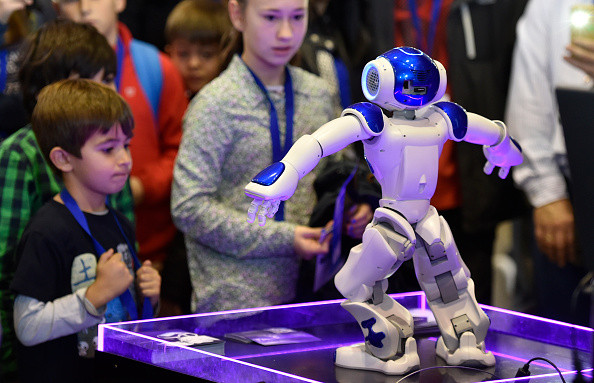Robots and AI would take over 50% of human jobs in next 30 years warns expert

Advancements in robotics and artificial intelligence (AI) could put almost half of the world's population out of jobs in the coming 30 years, a computer scientist has warned. Intelligent machines will take over jobs across various fields, including drivers and even sex workers, said computer science professor at Rice University, Texas, Moshe Vardi.
According to him, robots would replace human beings in various professions, drastically affecting the landscape of human productivity. He predicts that both men and women would be equally affected in the future.
Speaking at the annual meeting of the American Association for Advancement of Science, Vardi said, "We are approaching a time when machines will be able to outperform humans at almost any task. I believe that society needs to confront this question before it is upon us: if machines are capable of doing almost any work humans can do, what will humans do?" Financial Times reported.
In his speech, Vardi questioned the general notion that technological advancements are always beneficial to humanity. He opined that a life of absolute leisure, which will most likely become a reality by 2045, will not be conducive to global economy and human productivity in general. "I do not find this a promising future, as I do not find the prospect of leisure-only life appealing," he said and added, "I believe that work is essential to human wellbeing."
Vardi is not the first person to express concerns over advancements in AI or the consequences that humanity would face in the future, as a result. In January Theoretical Physicist Stephan Hawking had said that AI, if left unchecked, "could spell the end of the human race". Tech titan Elon Musk also concurred with Hawking and said that future advancements in AI could be akin to "summoning the demon".
Moreover, many believe that there are measures that global policymakers can incorporate to address the potential issue of being overtaken my intelligent machines. Wendell Wallach, an ethicist at Yale University's Interdisciplinary Center for Bioethics and the Hastings Center said, "There's a need for concerted action to keep technology a good servant and not let it become a dangerous master.Robots and AI may take 50% human jobs in 30 years, says expert"
© Copyright IBTimes 2025. All rights reserved.






















